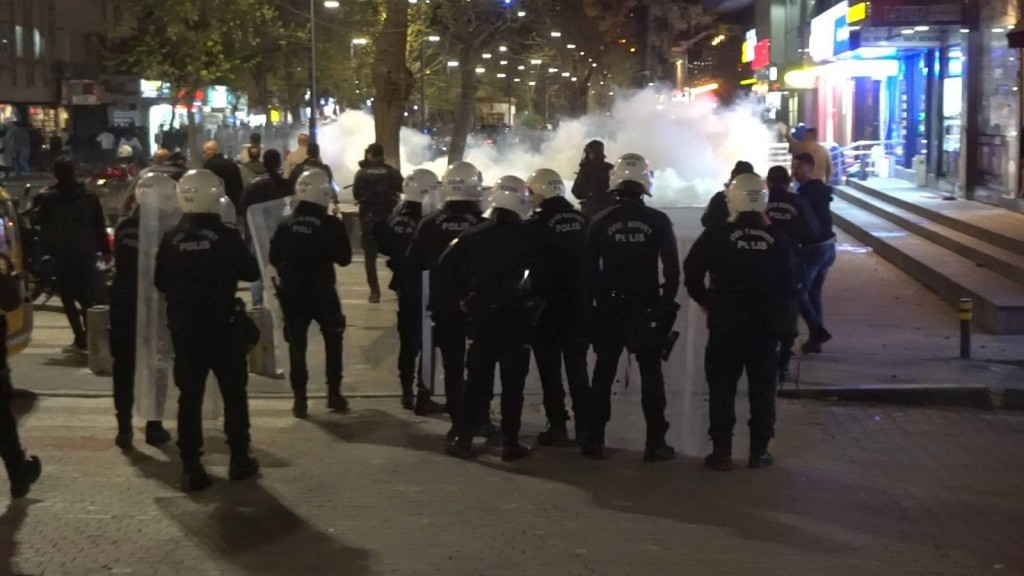Event organisers said they understood that Austrian diplomats in Turkey did not approve a visa for Kurdish journalist Ismail Eskin – who, together with journalist Banu Güven, was to accept the award on behalf of their imprisoned colleagues – because they feared he might seek asylum.
An Austrian foreign ministry spokesperson, however, reportedly said that Eskin was not denied a visa and that incomplete paperwork that delayed the visa’s processing was to blame.
The Concordia Prize is awarded every year by Austria’s Presseclub Concordia to an individual or organisation for outstanding journalistic achievement in human rights and democracy, with a special focus on press freedom and freedom of information.
The prize jury, which includes IPI, based its decision to award the approximately 150 journalists currently imprisoned in Turkey on the fact that they had demonstrated an unwavering commitment to press freedom by paying with their own freedom. Prize money for the award will be handed over to a fund to help support the jailed journalists and their families.
More information about the individual journalists currently behind bars in Turkey is available via FreeTurkeyJournalists.com.
The Concordia Prize 2016 awards ceremony took place at the Austrian Parliament, with Doris Bures, president of the National Council of Austria, providing the opening remarks. Alexandra Föderl-Schmid, editor-in-chief of the Austrian daily Der Standard and a former IPI Executive Board Member, introduced the prize winners in the category of press freedom and freedom of information.
This year’s other recipients were Austrian journalists Edith Meinhart, in the category of human rights, and Peter Huemer, who was given the Concordia Lifetime Achievement Award.


